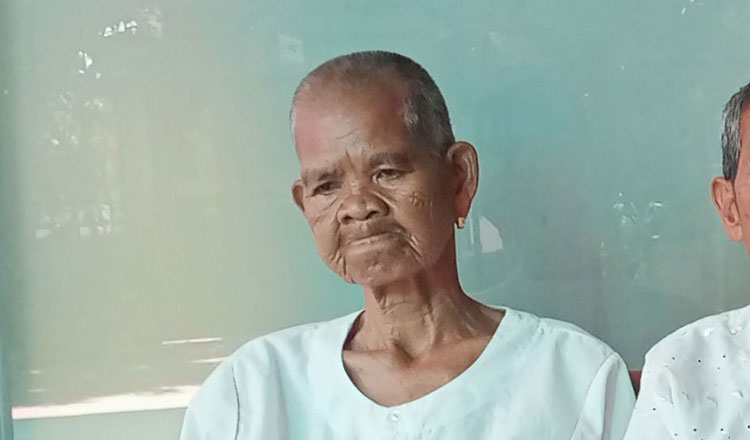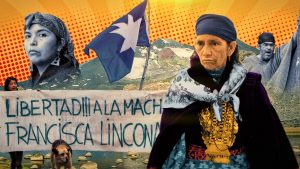As many as 14 Khmer Rouge survivors have come forward for a health screening organised by Documentation Center of Cambodia (DC-Cam) in Takeo over the weekend.
The health check-up was aimed at collecting information for an upcoming booklet which will list diseases faced by the elderly survivors, who had gone through slave labour, starvation and fear of execution under the genocidal regime of Khmer Rouge.
A working group from the DC-Cram branch in Takeo province hosted the screening at a health centre in Tramkak district on Saturday and Sunday. The centre sponsored their trips and meals for the day.
The attendees, residing in Kus commune and Ta Phem communes, had lived through the ultra-Maoist regime which killed more than two million innocent people.
During the forum, the survivors joined a discussion with the DC-Cam’s team for Advancing the Rights and Improving the Health Conditions of Khmer Rouge Survivors project, also known as “History and Healing project”.
During the talk, they gave the team an update on their health and then received health advice from the team’s expert on how to improve their well-being and when they should go for a health checkup.
The attendees, after the forum, expressed their satisfaction for the meeting.
“They spoke to us very nicely,” said Pov Yim, a Khmer Rouge survivor. “I felt better after talking to them despite my chronic disease.”
Funded by donations from USAID, the History and Healing project conducted field research on survivor welfare conditions and to translate the findings into public awareness campaigns as well as for activities that improve the wellbeing of the traumatised Khmer Rouge survivors nationwide.
There have been calls for better healthcare for Khmer Rouge survivors, most of whom have bad health, as the Khmer Rouge Tribunal is reaching the end with its lone surviving convict.
For example, Michael Karnavas, an American lawyer who represented two senior Khmer Rouge leaders tried by the Extraordinary Chambers in the Courts of Cambodia (ECCC), said although much of the entire population was severely traumatised by the Khmer Rouge, formal mental healthcare services for survivors have been lacking or inadequate.
“Simply put, Cambodia’s healthcare system does not have the capacity or the required expertise to address the healthcare needs of the general population, let alone the special (and sustained needs) of victims,” he wrote.
Karnavas added that the ECCC, established by the UN and the Cambodian government, can only provide “non-compensatory and symbolic reparation” to nearly two million people who were killed and millions of others scarred by the genocidal regime.
“Neither of the ECCC’s founding documents – the Agreement and Establishment Law – provide for reparation. Yet, despite lacking legislative authority, when drafting the Internal Rules, the ECCC judges took it upon themselves to include the possibility for Civil Parties to seek reparation.”
“However, what was adopted by the judges differed from the existing redress provisions in the Cambodian Code of Criminal Procedure and confined reparation to moral and collective awards,” he said.




